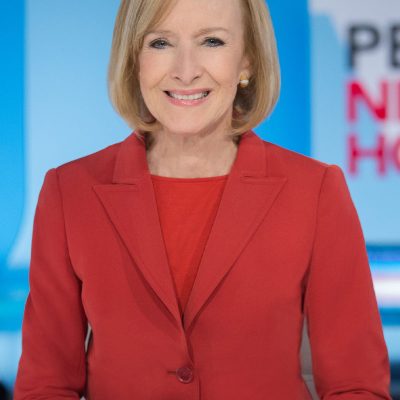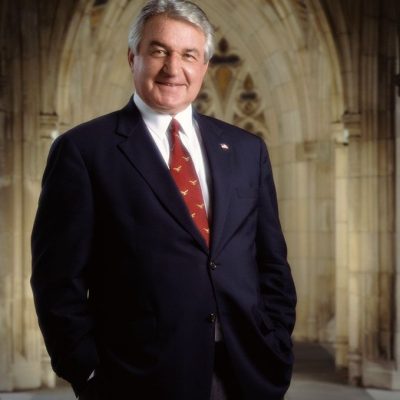Each year, millions of people die from treatable diseases such as tuberculosis and malaria because they don’t have access to the medicines they need.
The late Duke alumnus and trustee emeritus Paul Farmer believed it didn’t have to be this way.
Farmer devoted his life to improving medical care in underserved communities, saving countless lives in places like Haiti, Peru and Rwanda.
One of eight children growing up without running water in rural Florida, Farmer’s childhood was unconventional. His parents encouraged their children to take in all the world had to teach them, and Farmer excelled academically.
He attended Duke as a Benjamin N. Duke Scholar, graduating summa cum laude in 1982 with a bachelor’s degree in anthropology.
While at Duke he met Haitian farmworkers laboring in North Carolina tobacco fields, sparking an interest in Haiti that would shape his life’s work.
After graduating he moved to Haiti. Working in an overcrowded clinic there, he saw firsthand what it was like to be poor and sick. Determined to raise the standard of care, in 1987 Farmer co-founded Partners in Health, which would grow from a one-room clinic into a network spanning 11 countries.
Farmer completed his M.D. and a Ph.D. in anthropology at Harvard and later joined the Harvard faculty, splitting his time between Cambridge and Haiti.
He served as a Duke trustee from 2009 to 2021. His daughter Catherine is a Duke graduate.
Farmer, who died in 2022, also served on the Board of Advisors of the Duke Global Health Institute and was Duke’s 2015 commencement speaker.
In his speech, discussing epidemics and unrest, Farmer said too many people “are shut out of all dreaming by forces beyond their control.”
“Our species gets into trouble,” he said, “any and every time we consider someone to be less than human.”



